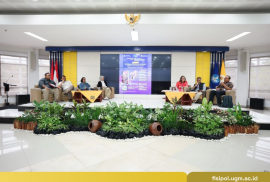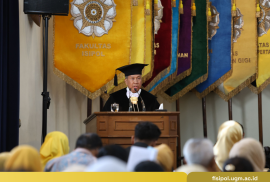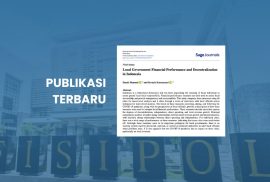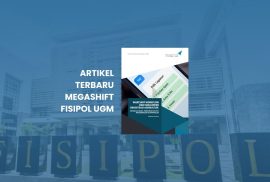As the Director at Directorat of Partnership, Alumni and Global Initiatives of Universitas Gadjah Mada, Prof. Dr. Puji Astuti, S.Si., M.Sc., Apt. welcomed the Chinese Ambassador to Indonesia, leaders from Xiamen University, as well as faculty staff from Fisipol UGM. She mentioned that the achievements in years of bilateral cooperation has strengthened Indonesia’s relationship with China in the aspect of trade, culture, and national development. “Today, we will continue to strengthen our commitment to strategic cooperation, especially in the field of infrastructure, information, and technology. We will open communication mainly to balance it with our national interests,” She added.
In line with that spirit, the Chinese Ambassador to Indonesia, Mr Wang Lutong, felt honored to be a part of Indonesia’s friendship with China. According to him, the world is in the middle of facing new challenges that can possibly change the future. Global South countries must then cooperate and coordinate in order to face this issue, while also maintaining security as well as just global policies. “China and Indonesia are two big nations, and our 75 years of bilateral diplomatic relations has become a model for other countries to follow,” He said.










